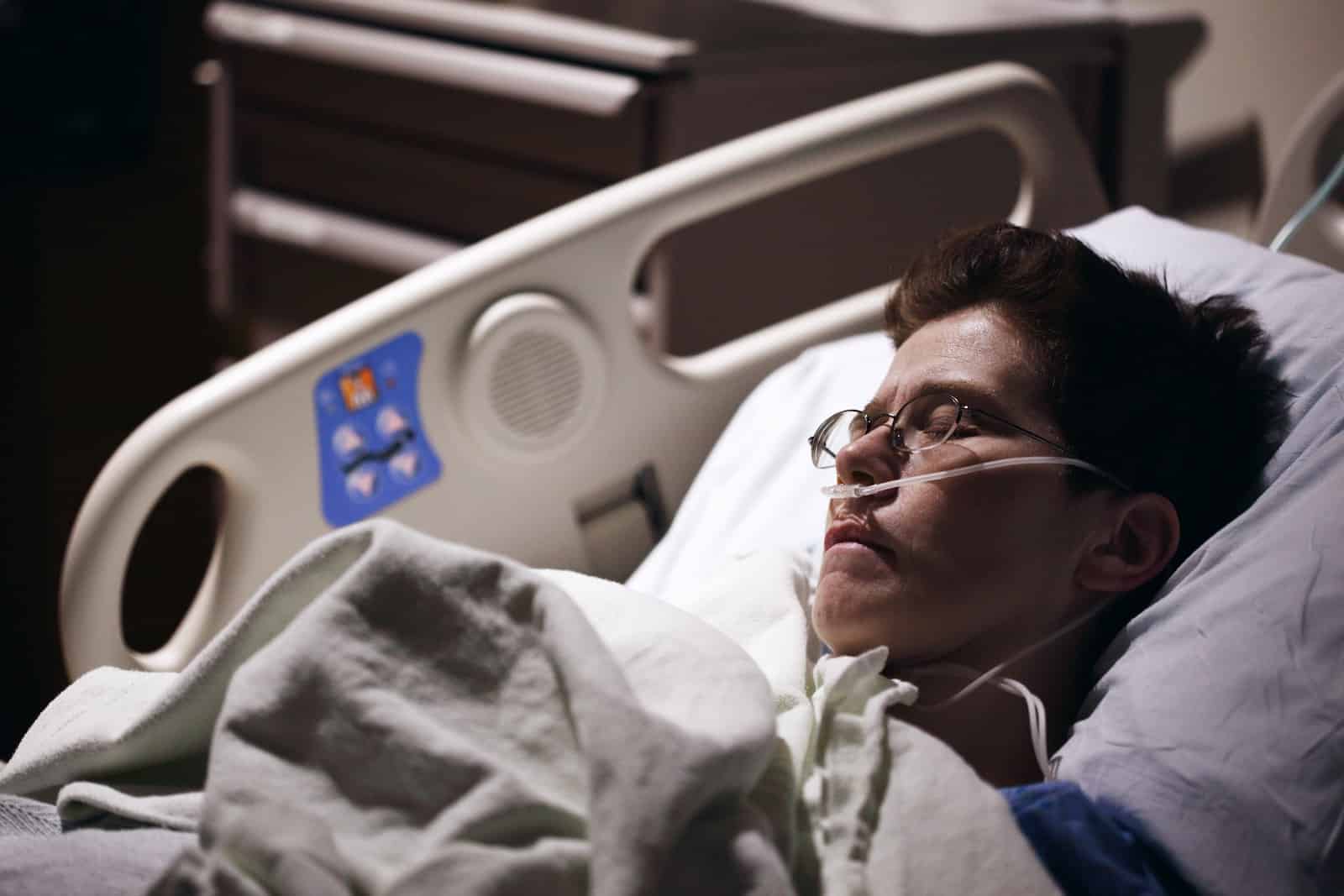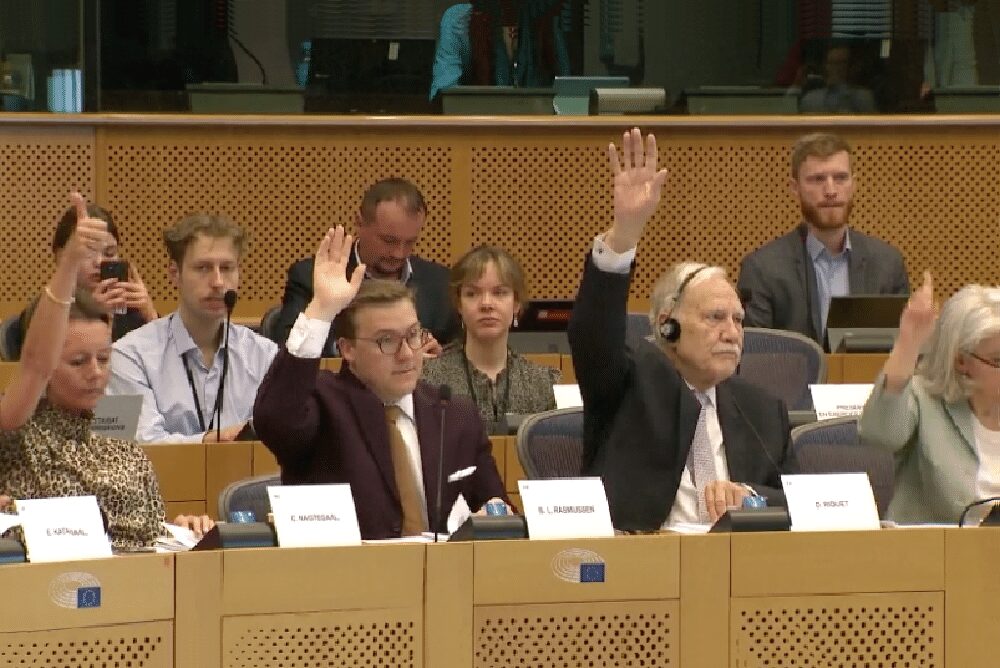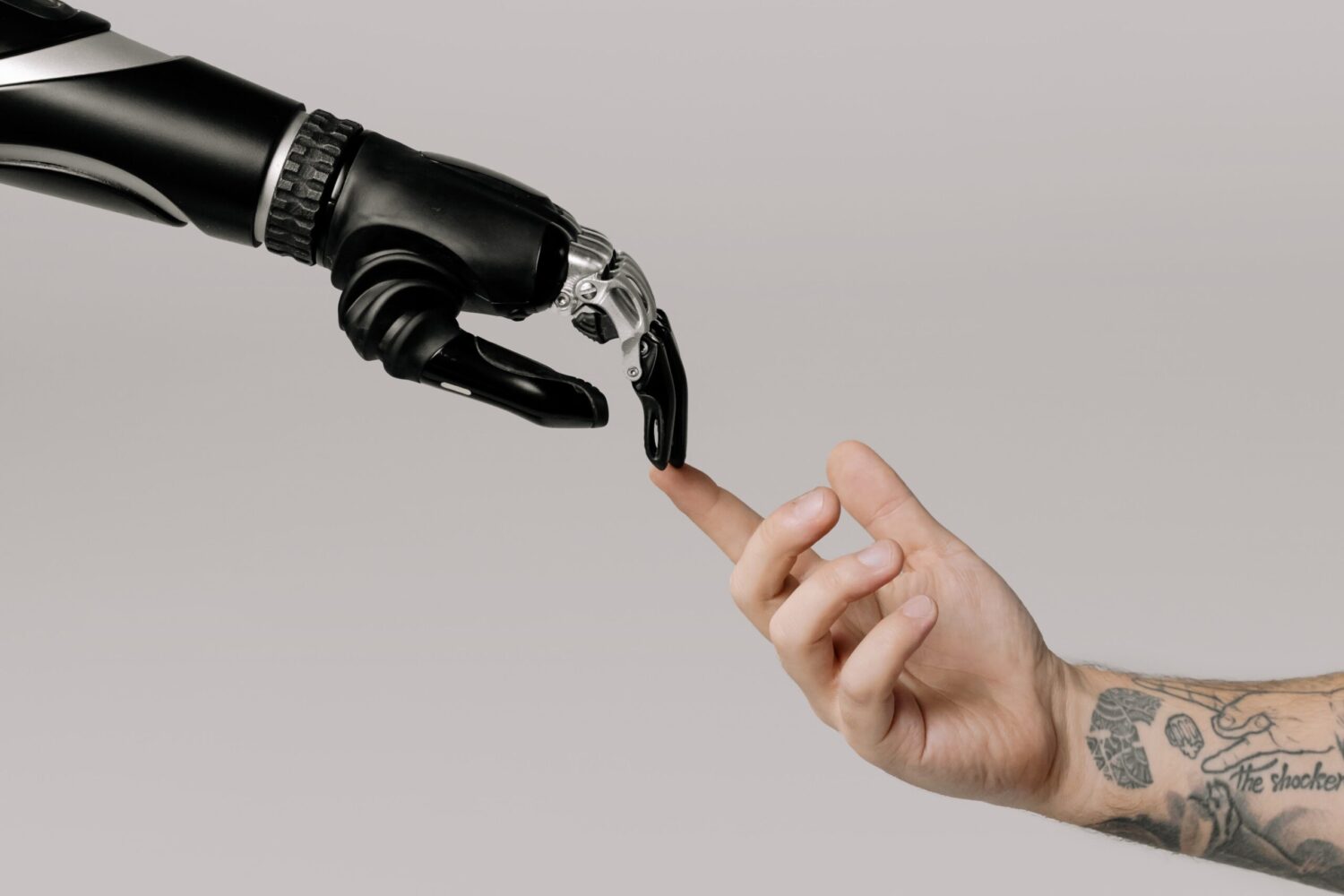On April 18th the European Patients’ Rights Day is celebrated, which is the annual recurrence that celebrates patients’ and civil society organisations in their efforts to advance patients’ rights at the global and European level.
The European Patients’ Rights Day was created by the Active Citizenship Network to inform, discuss, and take commitments to improve patients’ rights in Europe and in each Member State.
European Patients’ Rights Day complements the mission of many practitioners and civil society organizations to advance the interests of patients and patients’ communities by increasing the awareness of human rights and specifically patient’s rights while strengthening their collective impact across Europe through effective advocacy, education, empowerment, exposing any all sorts of abuses, and of course, creating partnerships.
Patients rights are still not completely upheld everywhere and many european countries still have laws that violate the convention of the rights of people with dissabilities, by allowing or even authorizing through courts, involuntary medical treatments and involuntary commitments, as it is the case of a 30 years young Spanish citizen, being held in the Provincial Hospital Santiago de Compostela (Conxo), against his will and apply electroshocks against his will (as many as 9, and which in this context could be considered torture by the WHO and the UN) and without the consent of the family.
There are quite some groups around Europe that fight for the rights of the patients and here you can find a few of them who putsa spotlight on patients’ voices.
The European Patients’ Forum is the leading voice of patient organisations in Europe. What defines and drives our vision?
We lead patient advocacy in Europe providing a cross-disease perspective from a wide patient community to the policy-making process on issues which have a direct impact on patients’ lives.
ELPA strongly believes that patients’ rights will be improved in Europe and beyond, transforming patients’ traditional role from mere targets and users of health services to active citizens participating in the healthcare crafting. Patients should be more involved in assessing and evaluating health care systems, participating in policy-making processes, designing clinical trials, drafting medical information.
“In the case of diagnosed severe aortic stenosis, delayed treatment can be life threatening – so patients have a right to be treated on time with the best available treatments. In 2021, the Global Heart Hub commits to raising awareness of these rights”
Neil Johnson Director of Development, Global Heart Hub
Criminalisation of key populations groups affected by HIV/AIDS and co-infections is a key obstacle to an effective response. In 2021, EATG is committed to scale up advocacy for these key populations whose rights are overridden, particularly in Central Europe and the EECA region (Eastern Europe and Central Asia).
This is a human rights watchdog organization on the field of mental health, exposing abuses in the fields of psychiatry, and advocating for the eradication of laws that permit psychiatric abuses. The first organization of its kind was founded in 1969 in the United States, and they now have over 200 sister organizations in 34 countries. The European chapters often contribute to consultations at the UN and the Committee on the Rights of the Child. They also recently achieved a major victory for patients’ rights on a case in which the Spanish Society of Psychiatry did not want CCHR to document, expose or criticise the abuses committed in the field.
Disabled patients needs to be provided not only equal but also fair rights!
“I felt myself disabled when I could not enter school with my wheelchair because of ineligible enterance, not when I lose my ambulation”
“I felt myself disabled when I could not use public transportation with my wheelchair because of ineligible vehicles, not when I lose my ambulation”
“I felt myself disabled when my wheelchair was broken, not when I lose my ambulation”
All European Patients have the right to equal access to treatment and diagnosis no matter where they live. This is one of the 10 key overarching rights of the European Code of Cancer Practice which aims to inform and assist patients at all stages of their cancer journey. EUROPA DONNA- The European Breast Cancer Coalition supports the Code and commits to continue advocating for patients’ rights as we have done for more than 25 years.
WFIPP has a project called World Continence Week taking place 21st to 27th June. The aim is to help raise awareness of incontinence and other pelvic floor disorders. In doing so, we hope to engage patients via our newly launched Digital Platform Support in Continence, a web/based tool as a blueprint for patients and their families and healthcare professionals alike. This will help improve patients´rights in Europe and beyond.
ARAM is already very active at the European level on behalf of its members. It joins other European organisations to ensure that common issues experienced by patients in other European countries as well, will be addressed at the European level to ensure that patients’ rights are respected everywhere. Fairer and healthier for everyone or none at all!
They continue to advocate for the rights of family caregivers of severely mentally ill persons to be recognised by the mental health care system as partners in care and for mentally ill persons with disabling conditions to access the same rights to welfare benefits as persons with a disability. They continue to enable survivors of domestic violence to access peer mentoring support so that they too accompany other survivors in their journey towards resiliency, healing and a better future.
In 2021, EURORDIS-Rare Diseases Europe commits to assisting European Union institutions to develop a new EU Action Plan for Rare Diseases, which will lead to improved policy and a better future for the 30 million people living with a rare disease in Europe. They continue to advocate for the adoption of a UN Resolution on Addressing the Challenges of Persons Living with a Rare Disease to protect and promote the rights of persons with rare diseases worldwide.














